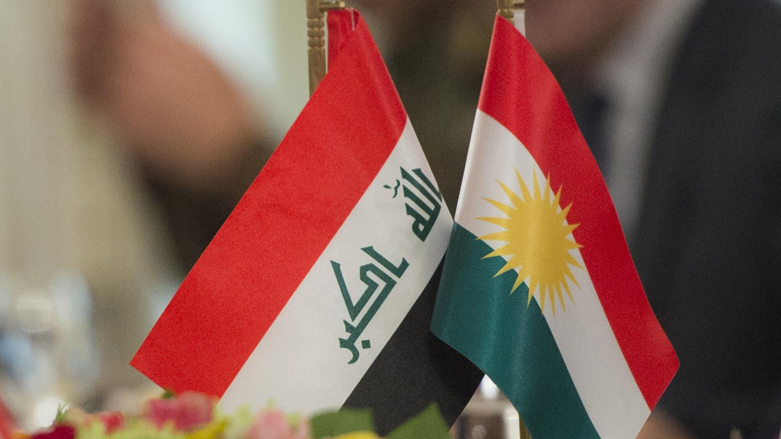KRG: New Iraqi PM must uphold past Erbil-Baghdad agreements

ERBIL (Kurdistan 24) – Amid ongoing political wrangling to replace Iraq's prime minister who has resigned in response to mass national protests, the spokesperson of the Kurdistan Regional Government (KRG) said on Thursday that Iraq's next leader must adhere to current agreements between Erbil and Baghdad and must also respect the "constitutional rights" of the Kurdistan Region.
Following a near-total breakdown of ties between the federal and regional governments following the Kurdistan Region's September 2017 independence referendum, the governments have since converged on a range of issues. Most of the progress was made after Prime Minister Adil Abdul Mahdi, still in power as the head of the temporary caretaker government, came into office in late 2018.
Abdul Mahdi, however, stepped down in early December, two months after widespread protests plunged the country into a fresh crisis as members of the security forces led harsh crackdown campaigns, killing upwards of 500 demonstrators and wounding close to 21,000 others.
As the protests gained momentum in October and November, Erbil-Baghdad talks struck a pause but have resumed in recent weeks. Following a series of meetings earlier this month, the Iraqi oil minister stated that the two sides had reached a deal on oil exports, a long contentious issue that the two governments have been seeking to settle since last year.
Read More: Erbil-Baghdad oil agreement to go into effect on Jan. 1, 2020: Minister
Speaking to Kurdistan 24, KRG spokesperson Jotyar Adil reiterated Erbil’s support for peaceful protests and their legitimate demands. Anti-government demonstrations began in early October, calling for a complete overhaul of the Iraqi government they see as chronically corrupt and indifferent to the public’s concerns.
“Our agreements have been reached on the basis of mutual understanding and any person taking the premiership must be committed” to the deals and the national constitution, he affirmed.
Adil’s comments come as Iraqi President Barham Salih, who has the constitutional duty of nominating the next prime minister, reportedly delayed naming a candidate as disputes linger over who would take the post amid reservations that protesters would reject the pick of leading political parties in the capital.
Editing by John J. Catherine
